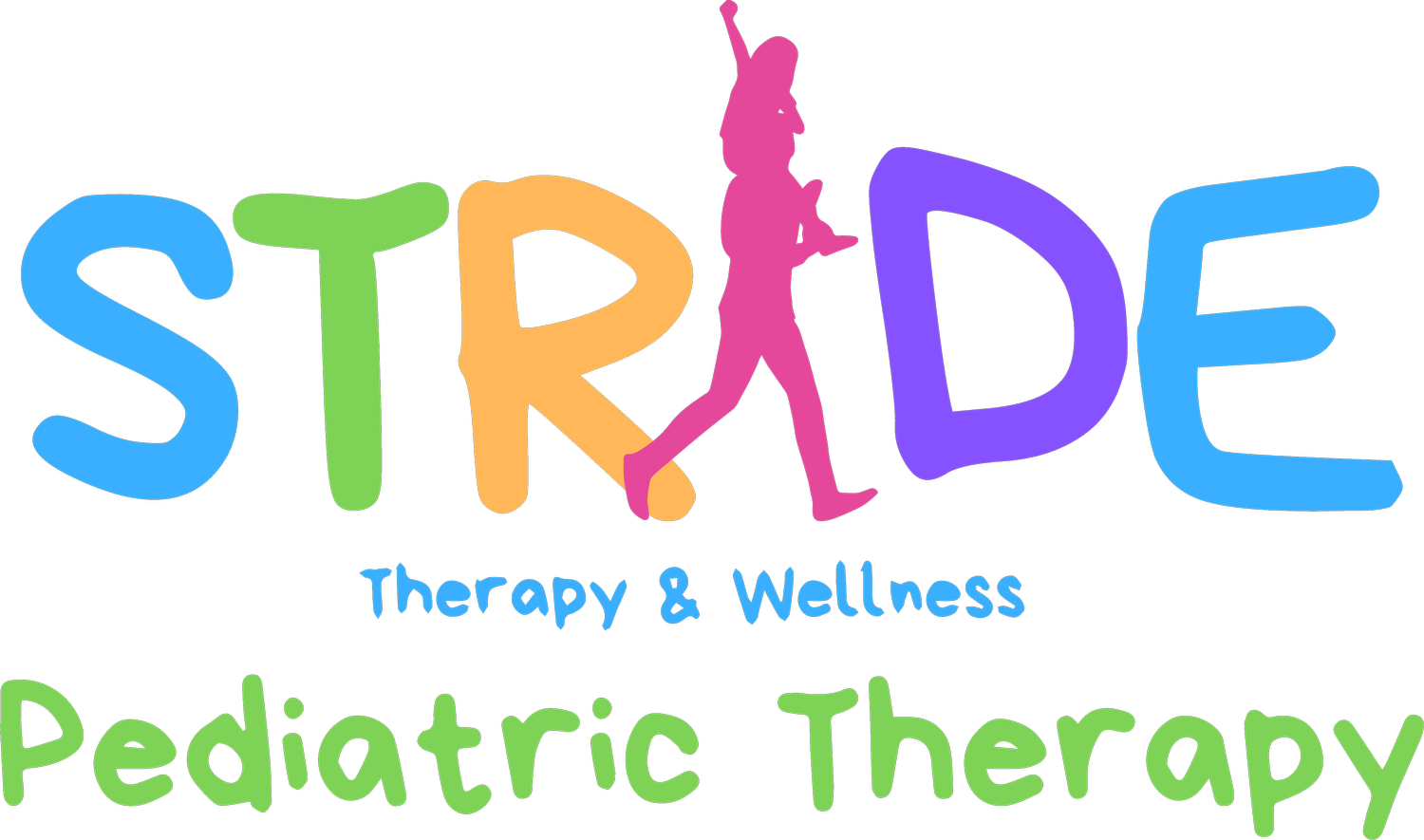Why Play is Important for Child Development
Play is an essential part of a child's growth and development!
It's through play that children learn new skills, explore their world, and develop their imaginations. As parents, it's important to understand the value of play and how we can support our children's play experiences.
In this post, we'll explore the importance of play in child development and provide tips for parents on how to promote play at home.
What is Play?
According to the American Occupational Therapy Association (AOTA), “It is often through play that children learn to make sense of the world around them. It is a child’s “job” or “occupation” to play to develop physical coordination, emotional maturity, social skills to interact with other children, and self-confidence to try new experiences and explore new environments.” Play can be structured or unstructured and can take many different forms, such as pretending, building, or exploring. Play is an essential component of a child's development and helps them to develop skills in a variety of areas, including:
Cognitive development: Play helps children to develop problem-solving skills, creativity, and critical thinking skills. Physical development: Play provides opportunities for children to develop their gross motor and fine motor skills, as well as their coordination and balance.
Social development: Play helps children to develop social skills such as communication, cooperation, and empathy.
Emotional development: Play provides children with an outlet for their emotions and helps them to develop self-awareness and emotional regulation skills.
Types of Play
There are many different types of play, each with its own benefits for children. Some of the most common types of play include:
Pretend play: This type of play involves children using their imaginations to create scenarios and act out roles. Pretend play helps children to develop social and emotional skills, as well as language and cognitive skills.
Physical play: Physical play includes activities such as running, jumping, and climbing. Physical play is important for developing gross motor skills, coordination, and balance.
Constructive play: Constructive play involves using materials to build or create something, such as building blocks or drawing. This type of play helps children to develop their creativity, problem-solving skills, and fine motor skills.
Exploratory play: Exploratory play involves exploring and experimenting with different objects and materials. This type of play helps children to develop their curiosity, problem-solving skills, and scientific thinking.
Promoting Play at Home
As parents, there are many things we can do to promote play at home and support our children's development.
Here are some tips:
Provide open-ended toys and materials: Open-ended toys, such as blocks or art supplies, allow children to use their imaginations and create their own play scenarios.
Create a safe play environment: Make sure your home is safe for play by removing hazards and providing appropriate supervision.
Schedule unstructured playtime: Allow your child plenty of unstructured time for play, without adult direction or interruption.
Play with your child: Join in your child's play experiences and follow their lead.
Provide opportunities for different types of play: Offer a variety of play materials and experiences to promote different types of play.
Limit screen time: Too much screen time can interfere with a child's play experiences and development. Set reasonable limits on screen time and prioritize play.
Conclusion
Play is an essential part of a child's development and provides numerous benefits across different areas of development. As parents, we can support our children's play experiences by providing open-ended materials, creating a safe play environment, and scheduling unstructured playtime. By prioritizing play, we can help our children develop the skills they need for success in all areas of their lives. If you’re wondering what other activities you can do at home or are interested in learning how occupational therapy can help, check out this handout from AOTA, which gives several strategies!
If you are concerned about your child’s play skills or are in search of play group resources in the St. Louis Area, please send us an email at admin@stridetherapy.com.
